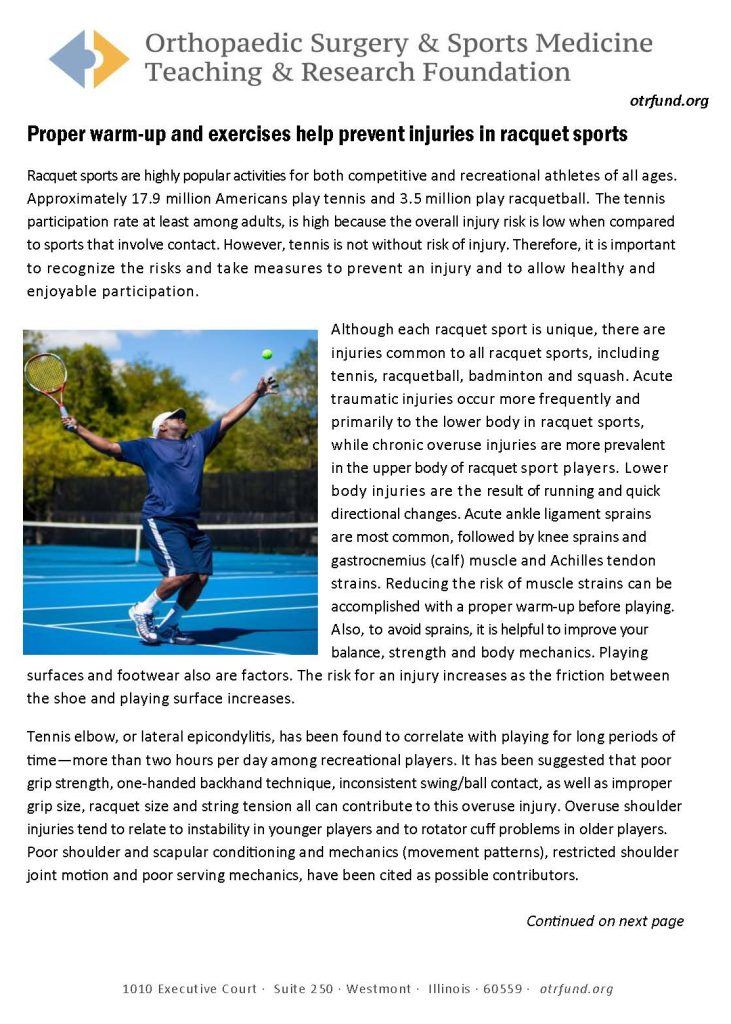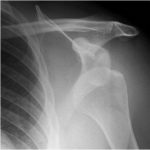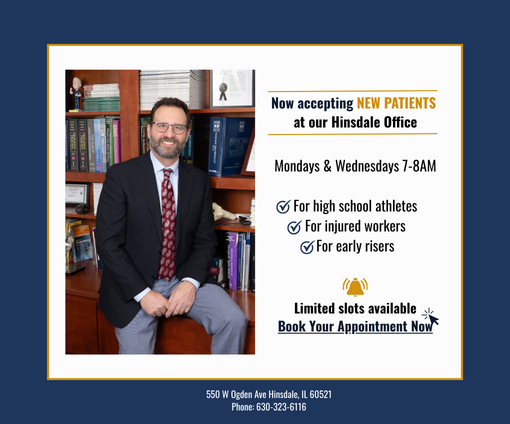
Pre- and in-season conditioning important for preventing injuries
Before the start of Major League Baseball’s (MLB) spring training, I heard an interview with White Sox Manager Tony La Russa talking about his concern for pitchers throwing too hard or too fast too soon. I heard similar comments from other teams and coaches in the following days. With the season about one month old, and given the pre-training season comments about taking it slow, I am surprised to read about the number of starting pitchers and relievers already on the disabled list or out for the season, as well as key position players.
Unofficially, I counted 25 starting pitchers and 28 relievers out indefinitely or for the season, and at least 200 players with injuries ranging from 27 indefinite or season ending elbow conditions, 30 shoulder problems, 10 hamstring strains (or 11 if you count Eloy Jiménez from the White Sox’s injury this past weekend) and nine players on the bench with oblique concerns, among others not specified.
I mention this because we’ve experienced such inconsistent weather and temperature swings resulting in games being postponed, cancelled or even held in less than ideal playing conditions making it difficult to hold practice sessions let alone keep players in condition—regardless of whether it is an MLB team or your local Little League team. Furthermore, summer practices already have started for other sports increasing the number of athletes needing to take conditioning precautions in their pre-season and during the in-season.
Through the Orthopaedic Surgery and Sports Medicine Teaching and Research Foundation (OTRF), a nonprofit foundation I founded in 2007, my health performance team and I developed many in-season training and conditioning programs for team and individual sports based upon research and my expertise as an orthopaedic surgeon and sports medicine physician for the past 20 years. They were developed to maintain the benefits of off- and pre-season training in-season because busy game schedules often preclude time to include targeted exercises, especially as the season starts and particularly with inclement spring weather. Proper in-season warm-ups and maintenance training is important for injury prevention. You can download PDF versions of the programs from the OTRF website, at https://www.otrfund.org/sports-performance-programs/.
Additionally, anyone interested in a copy of my interval throwing programs for baseball and softball players, or hitting programs for high school/college volleyball players, email me at contactus@chudikmd.com/. Make sure to specify the age of the athlete(s) and the sport.









